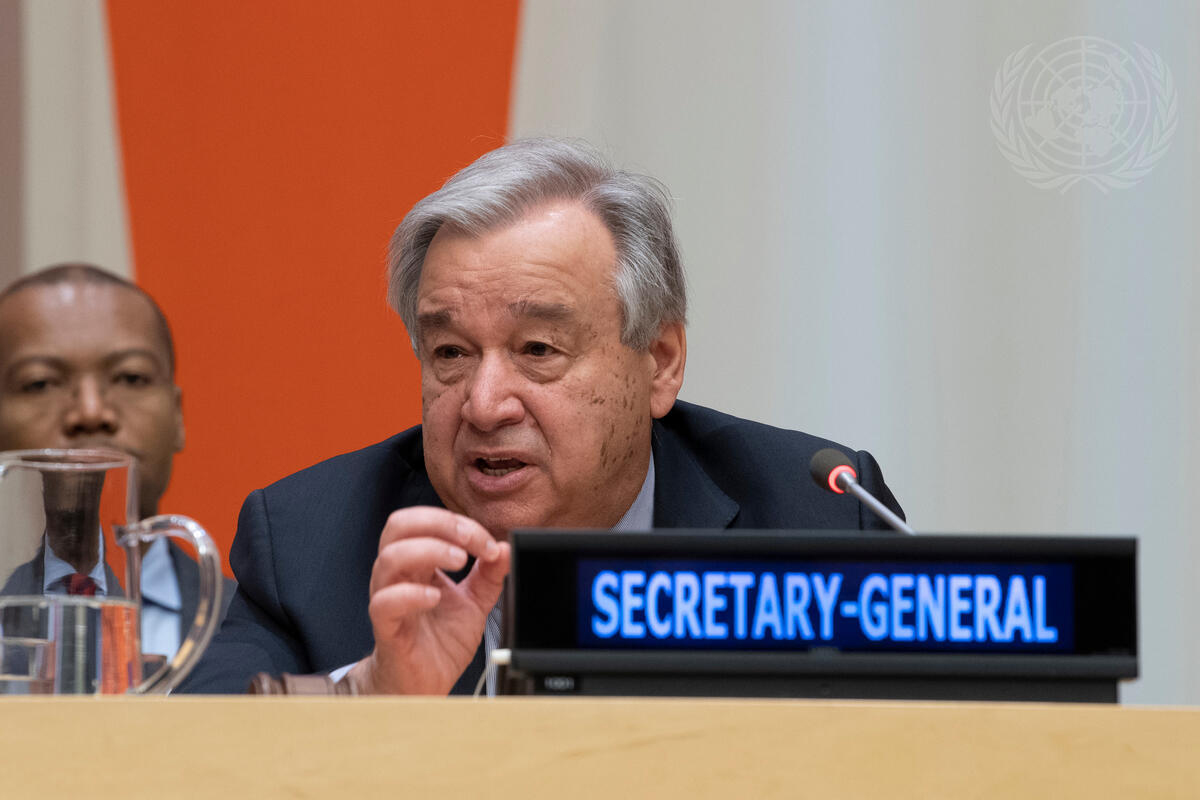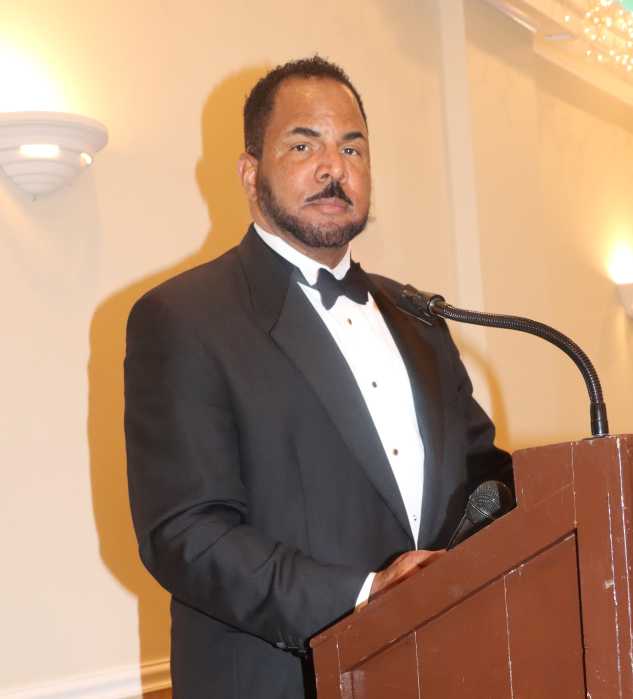Categorized as one of the strongest hurricanes in history to form in June, in the Atlantic Ocean, Hurricane Beryl wreaked havoc as it swept across areas of the Caribbean last week, leaving massive devastation in some of these countries.
The hurricane swept across the island of Barbados, as a category four and briefly reached a category five, before it landed in Grenada with severity and widespread destruction. The intensity of the hurricane moved to the islands of St. Vincent and the Grenadines and later landed in Jamaica, leaving many people homeless, destroying thousands of acres of vegetation, and destroying and flattening thousands of homes and businesses.
n the aftermath of the hurricane, the United Nation (UN) Secretary General Antonio Guterres, expressed dismay at the destruction caused by the hurricane, coordinated with the affected nations, and gave his solidarity to support the countries affected, according to his spokesperson, Stephane Dujarric. The statement further added that the Secretary General will kickstart an appeal to address humanitarian needs and will make available an amount of $4 million from the UN Central Emergency Response Fund to Grenada, Jamaica, and Saint and the Grenadines to help with their relief efforts.
The state of Grenada the hardest hit by Hurricane Beryl has been declared by the government, especially in the northern section of the island, including St. Patrick, and the sister islands of Carriacou and Petite Martinique as disaster zones, for the next three months, government reports stated.
Hurricane Beryl wiped out more than 80 percent of the agricultural assets in the island of St. Vincent and the Grenadines according to the Caribbean Agricultural Research Development Institute, (CARDI).
CARDI reports stated also that many of the produce were ready or almost ready for marketing and this leaves farmers livelihood in jeopardy.
Already UN humanitarian officials are in St. Vincent and the Grenadines, and in Grenada, and the Office for the Coordination of Humanitarian Affairs (OCHA) is also in Barbados evaluating the damages, according to the United Nation spokesperson, Stephane Dujarric during the press briefing in New York City last week.
Hurricane Beryl is now downgraded, considering this, airports are beginning to operate since July 4, in Jamaica the Sangster International airport re-opened in the afternoon and the following day at 5 a.m. in Kingston, Jamaica, the Norman Manley International Airport was reopened. The Ian Fleming International Airport in Ocho Rios is also reopened and the Jamaica’s Cruise Ports (Montego Bay, Ocho Rios, Falmouth) are currently open.
Prime Minister of Jamaica, Andrew Holness said during a press conference late last week that the impact of Hurricane Beryl was less severe than anticipated, because of the hurricane moving quickly along the coast of Jamaica. “The faster it moves, the better,” Holness stated. According to reports coming out of Jamaica, however, farmers experienced severe damages, and many have lost produce and other forms of vegetation and more than 500 residents are still in shelters, the Office of Disaster Preparedness and Emergency Management (ODPEM) in Jamaica noted.


























